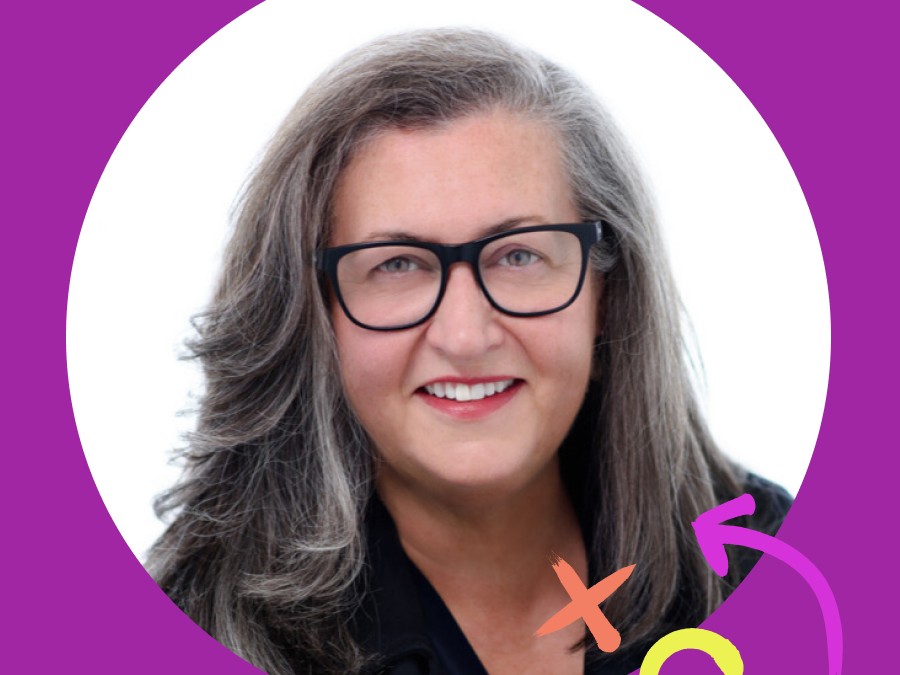
Meet Our New Board Member: Nathalie Mainland
Meet Our New Board Member: Nathalie Mainland
I’m beyond thrilled to announce that Nathalie Mainland has joined BenchK12 as a new advisory board member this month. Nathalie brings tremendous expertise in growing and scaling enterprise edtech with former roles as the SVP and GM, Education at Salesforce and SVP and Global Head of SparkED at Alteryx, among many other accomplishments. She has since shifted her expertise over to the VC world where she’s actively committed to supporting more women-founded companies. Her talents will be essential to helping BenchK12 achieve our mission on the scale that the education sector needs.
As is tradition around here, we like to let new team members introduce themselves. Here’s more about Nathalie in her own words:
How would you describe yourself personally and professionally?
My greatest passion around working in the technology space is building and scaling for impact. I love guiding organizations through their next phase of growth. I have more than 20 years of bringing B2B SaaS offerings to marketm, as well as building, scaling and leading businesses throughout the entire product cycle. I’m equally committed to creating healthy, inclusive environments that encourage participation and innovation so that teams can really hit their stride.
My current focus is supporting innovation in education technology as an investor, advisor, and mentor.
What would you say are your top three career highlights in education and tech?
- For Salesforce, I was recruited to lead product management and GTM strategy for higher education and K12 markets. Then I served as SVP & GM for Education Cloud with oversight for strategic planning, P&L ownership, marketing, partnership development, product management. There I built, led and scaled the Education Cloud business to a thriving business with more than 40 employees; drove 35%+ CAGR; oversaw development and launch of five purpose-built education products.
- At Autodesk, I led product management and sales promotion strategy for education products increasing upgrade revenue by 12%. I also launched new Autodesk education solutions for K12 through the university market.
- I launched startup SafariU, an online custom publishing platform generating 2,300 users in the first two months of service. I helped computer science instructors create their own textbooks and course content from Safari Books Online content, saving students the cost of expensive standard textbooks.
What has your career taught you about serving the K12 market with enterprise technology?
Technology can provide critical support for student learning in the classroom but also for student success outside the classroom. At Salesforce we successfully launched the Student Success Hub to bring together K12 staff, teachers, and community nonprofits to provide important services to K12 families. This included healthcare, transportation, meals, and other services to make sure all students could thrive and learn.
What are the trends that you’re watching in K12 this year?
I am deeply concerned with the volume of teachers leaving the K12 system due to lack of financial support, respect for the profession, safety reasons, and “activist” parents. I believe the K12 system is the foundation of a strong civil society and to see this eroding is a threat to our democracy. A contributing trend to watch is that the number of homeschooled students rose 51 percent between 2017-18 and 2022-23 — far exceeding a 7 percent rise in private school enrollment and a 4 percent decline in public school enrollment.
How did you get involved with BenchK12?
As a Limited Partner with How Women Invest (HWI), I am always on the lookout for strong women-led startups. Knowing this, a member of my team at Salesforce introduced me to Brooke and I put BenchK12 forth to HWI as an attractive edtech investment opportunity solving the critical problem of teacher staffing.
When you look ahead ten years, where do you see BenchK12 headed as a company?
I believe BenchK12 has incredible potential to become the platform of choice to support teachers in their lifelong career development and to arm school systems with much needed innovation to effectively manage teachers and staff. Supporting teachers and our K12 systems will lead to societal impact in making sure basic education is accessible to all.

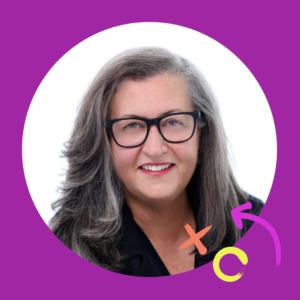
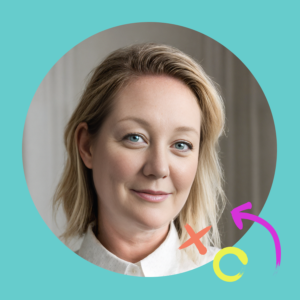
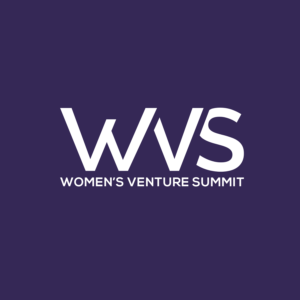
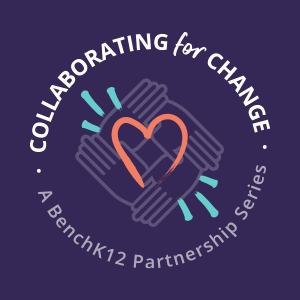
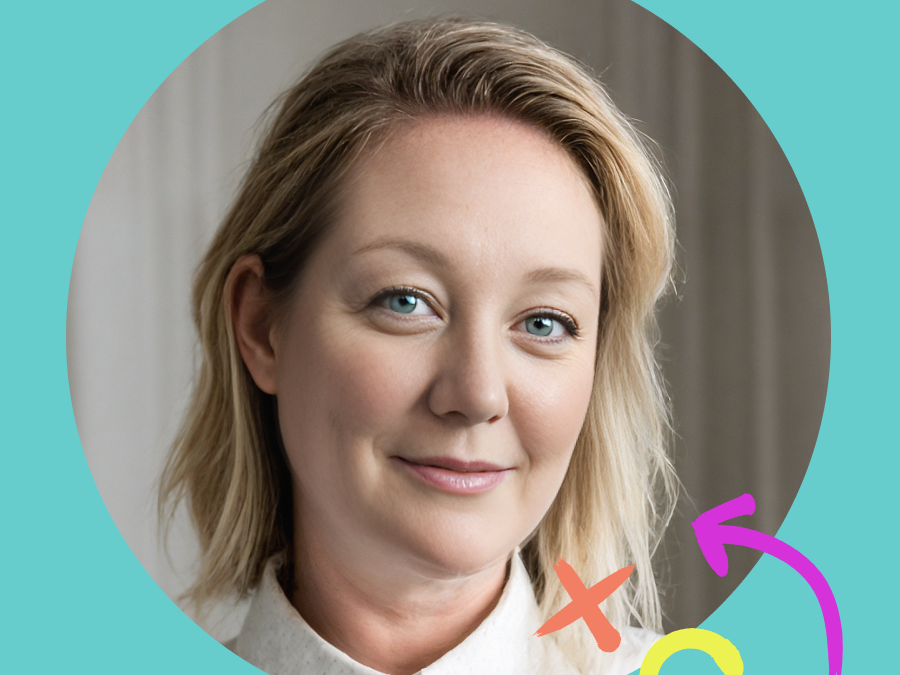
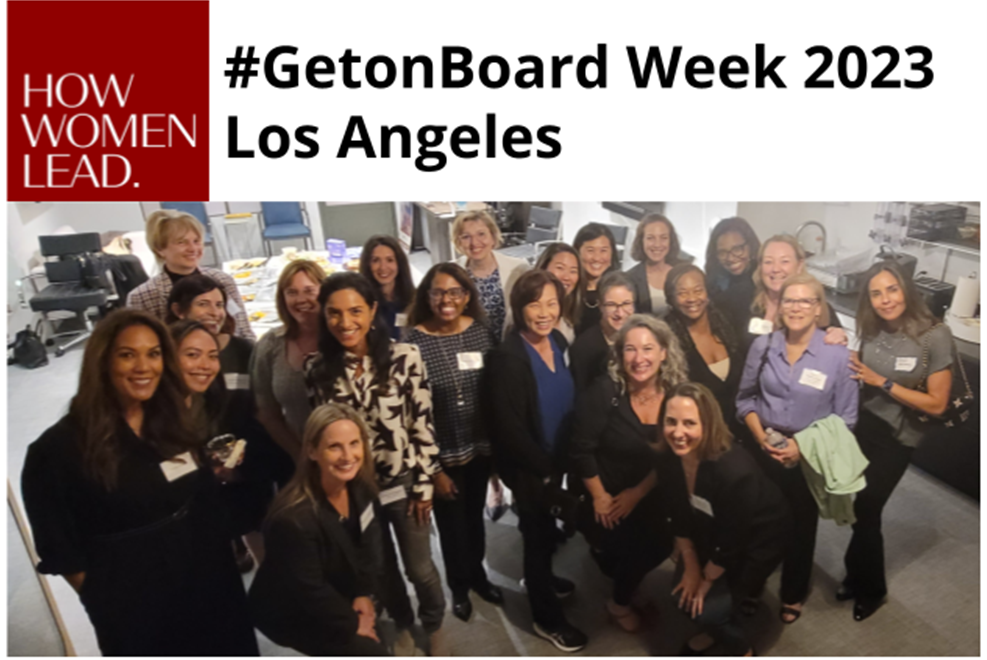
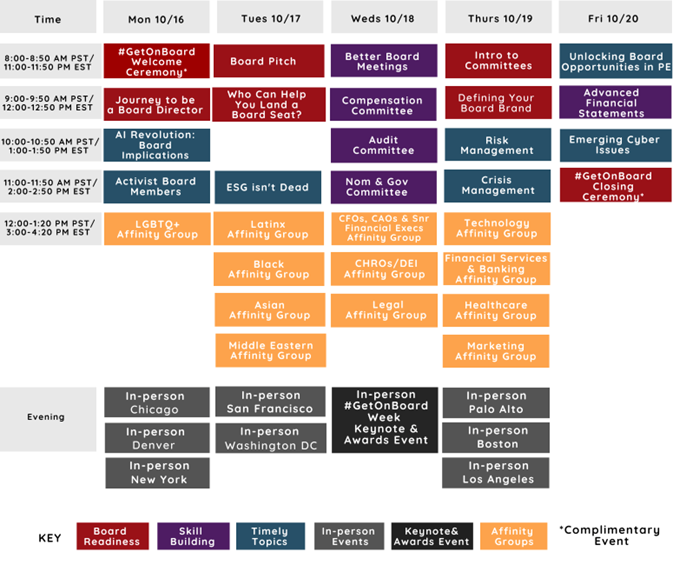
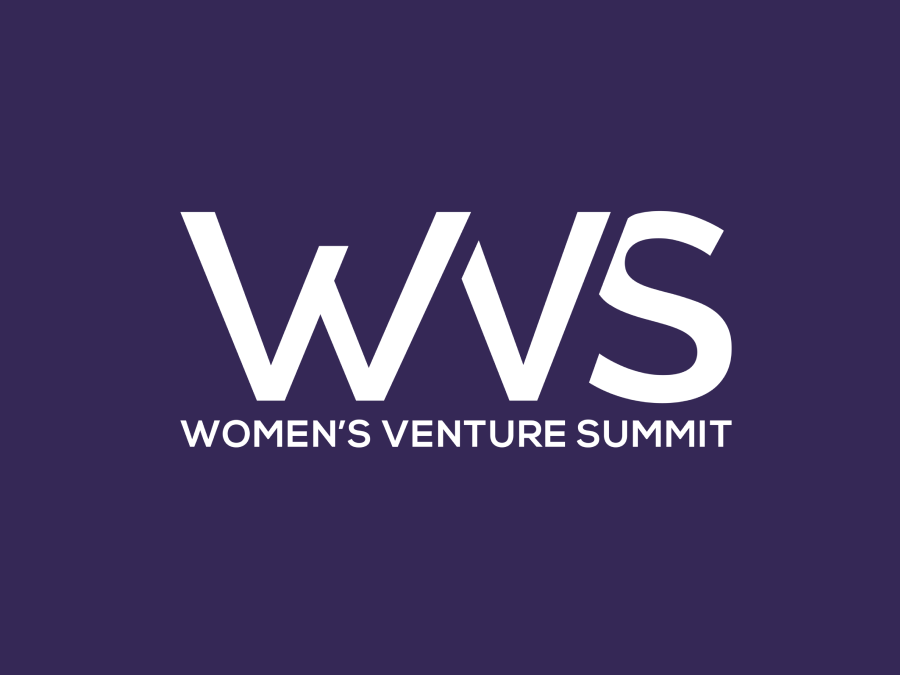
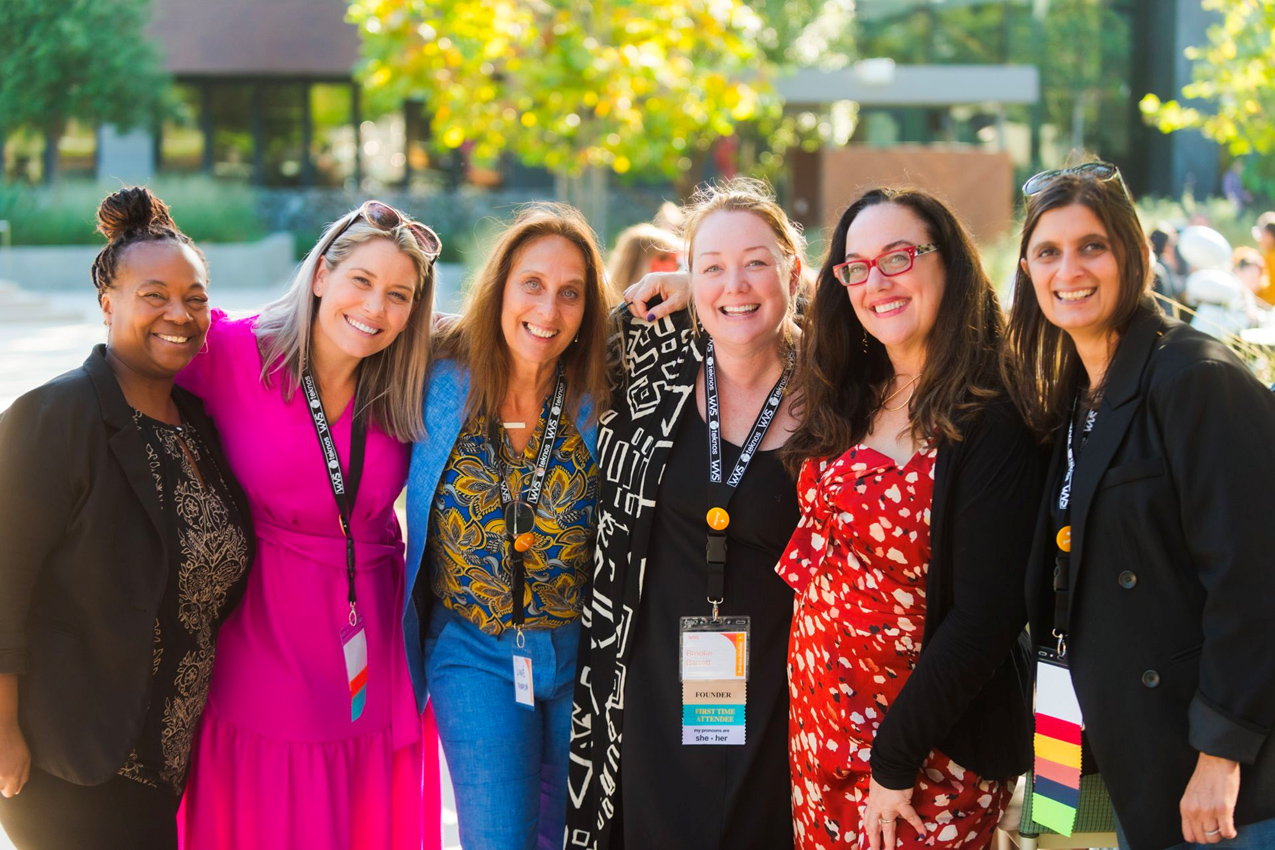
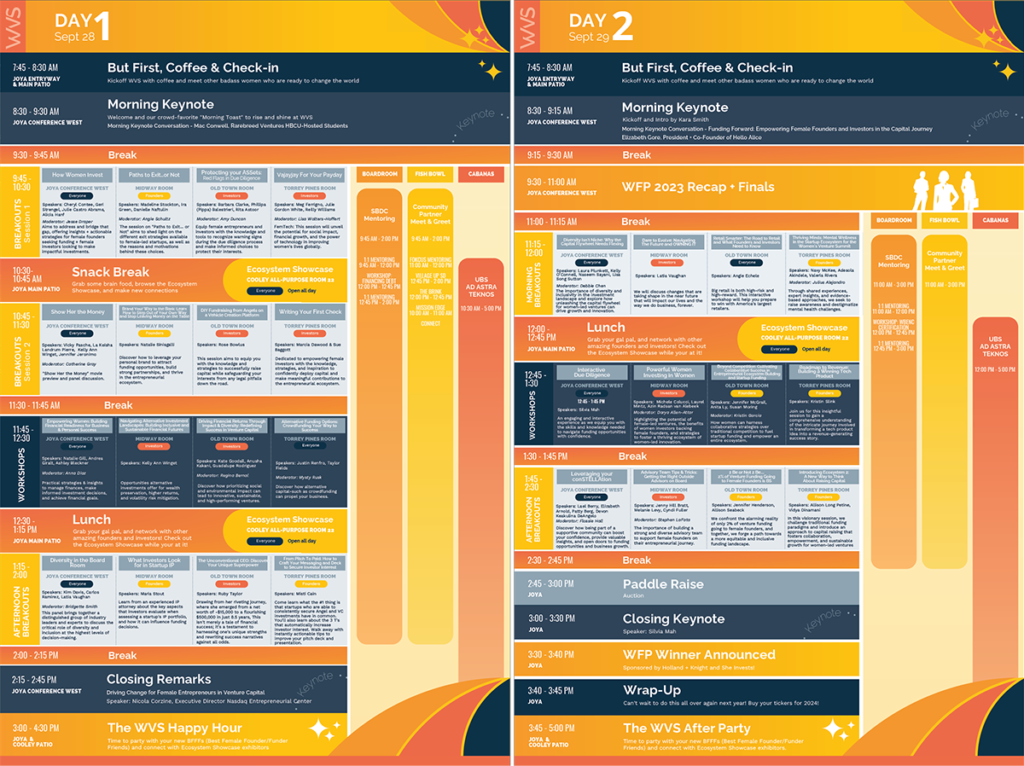
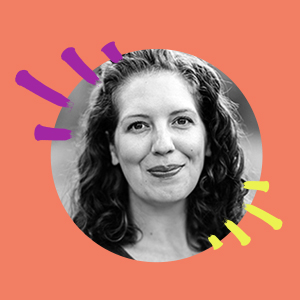
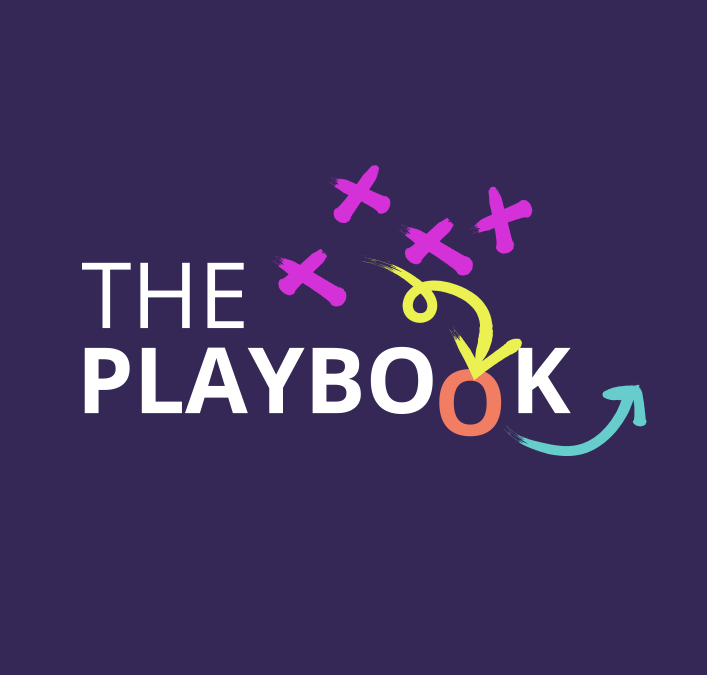
 Winner of the
Winner of the  Welcome to our BenchK12 Graduate Fellows. Please join me in welcoming our first cohort of BenchK12 graduate fellows. We designed the fellowship with a few things in mind; (1) how can we provide access to graduate students who are interested in entrepreneurship and tech startups; (2) how can we potentially provide an opportunity for those with an education background to make a jump into technology while bringing along their experience in schools? I am hopeful that with our first two fellows we are able to do both! Please meet:
Welcome to our BenchK12 Graduate Fellows. Please join me in welcoming our first cohort of BenchK12 graduate fellows. We designed the fellowship with a few things in mind; (1) how can we provide access to graduate students who are interested in entrepreneurship and tech startups; (2) how can we potentially provide an opportunity for those with an education background to make a jump into technology while bringing along their experience in schools? I am hopeful that with our first two fellows we are able to do both! Please meet: Commit to investing $100. in BenchK12’s Community Round. We are taking commitments from our network of supporters now,
Commit to investing $100. in BenchK12’s Community Round. We are taking commitments from our network of supporters now,  Spread the Word. If you can’t invest right now, help get the word out about BenchK12. You can start by forwarding this message to anyone in your network who might be eager to help solve the teacher shortage in K12 education. Sharing this with just three folks and your endorsement would be a tremendous start!
Spread the Word. If you can’t invest right now, help get the word out about BenchK12. You can start by forwarding this message to anyone in your network who might be eager to help solve the teacher shortage in K12 education. Sharing this with just three folks and your endorsement would be a tremendous start! Pilot Partners.
Pilot Partners.  Get Social with Us Virtually:
Get Social with Us Virtually: 




 Now is a great time of year to say thank you in a meaningful way to educators.
Now is a great time of year to say thank you in a meaningful way to educators.  We are grateful to announce that we met our first raise goal through WeFunder this month while in the ‘testing the waters’ phase of our raise.
We are grateful to announce that we met our first raise goal through WeFunder this month while in the ‘testing the waters’ phase of our raise.